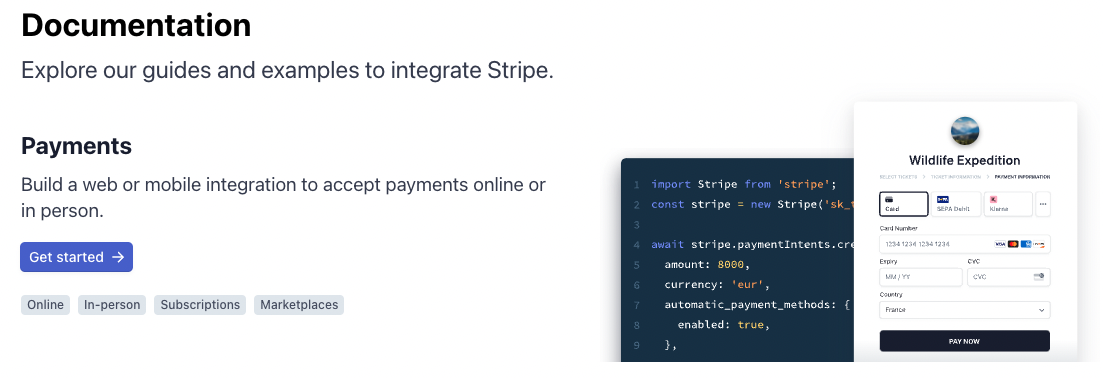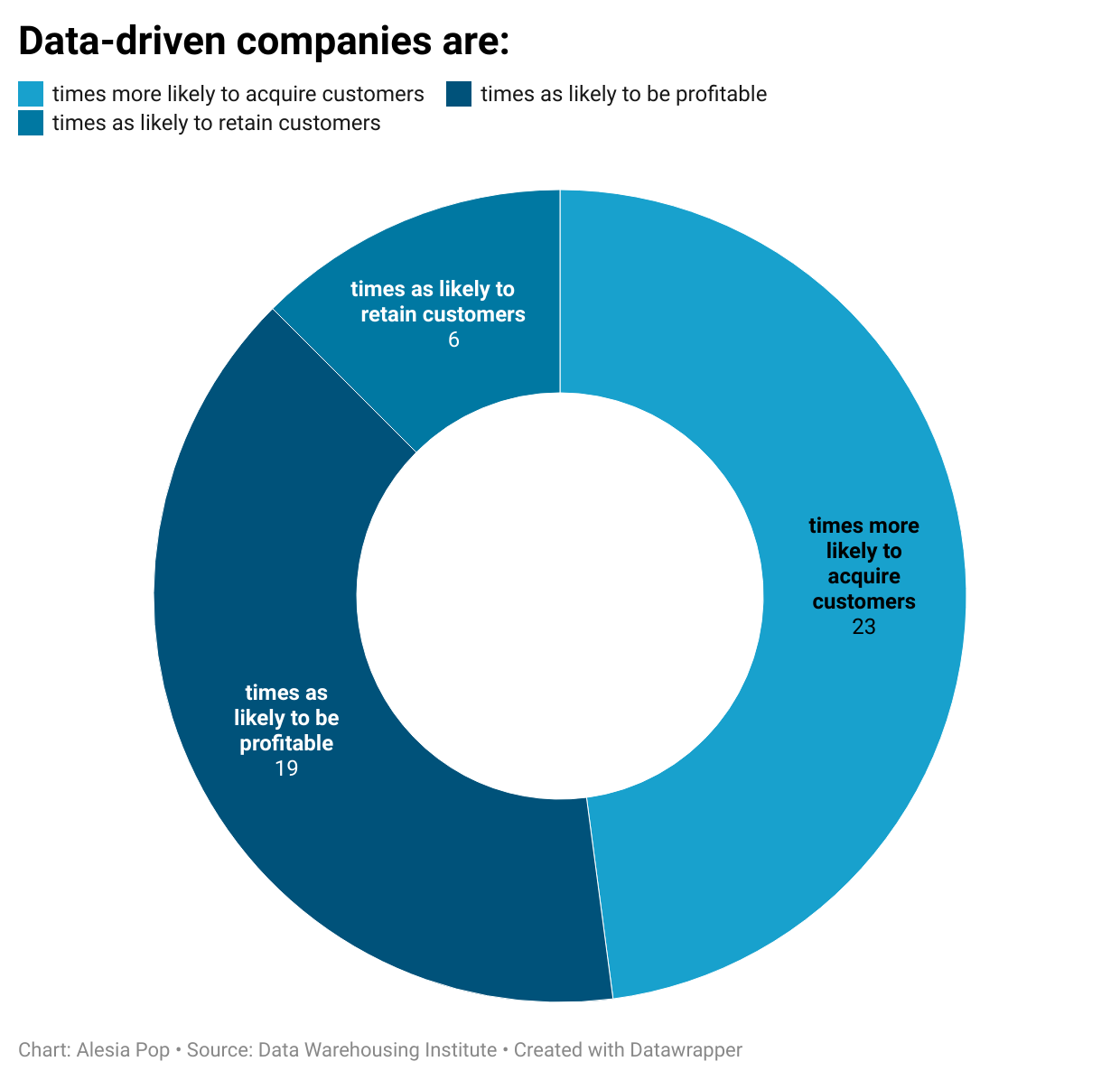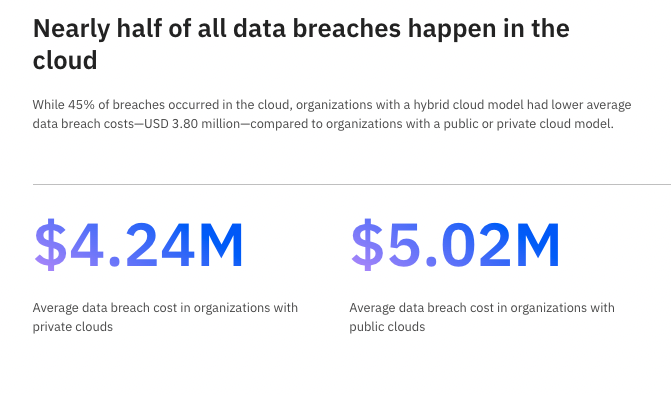
Backend Developer: Why is it Crucial for Your Business to Have One in 2024?
Last update: 21 December 2023 at 09:44 am
As a business owner, you may be wondering if your company truly needs a backend developer. After all, you already have a website and it seems to be functioning just fine.
But the truth is, a backend developer can bring a wealth of benefits to your business that you may not have even considered.
Here are 14 reasons why your business needs a backend developer.
You may think that your website is just a pretty face, but behind the scenes, there’s a whole other world at play!
And that’s where the backend developer comes in – they’re the unsung heroes of the digital world, making sure your website is running smoothly, securely, and efficiently.
|
Discover the most relevant agencies for your project based on your own specific requirements.
Find an agency!Without them, your website would be like a car without wheels – it may look nice, but it’s not going anywhere!
Here are 14 reasons why your business needs to invest in web development to keep your website running like a well-oiled machine.
Speed Up Your Website and Boost Your Conversion Rate
A back-end web developer can optimize your website’s performance by implementing efficient code and utilizing caching techniques. This can result in faster page load times, which can improve the user experience and increase the likelihood of conversions.
A study by Akamai Technologies found that a delay of just one second in page load time can result in a 7% reduction in conversions. A backend developer can optimize your website’s performance, resulting in faster page load times and an increase in conversions.
Protect Your Business from Cyber Attacks
Backend developers are experts in security, and they can help protect your website and its users from potential cyber-attacks. They can implement security measures such as encryption, firewalls, and intrusion detection systems.
Cyber attacks are becoming more common and sophisticated, and the cost of a data breach can be significant.
According to the Ponemon Institute, the average cost of a data breach in the US is $3.86 million. A backend development help protect your website and its users from potential cyber-attacks, which can save your business from costly data breaches.
Scaling Your Website for Business Growth
As your business grows, your website may need to accommodate more traffic and data. Back-end development can ensure that your website can handle this increase in traffic and data which can prevent website crashes and lost business.
For example, Netflix, which is one of the most popular streaming services, has been able to handle its massive growth thanks to the scalability provided by the backend team.
Customizing Your Website for a Competitive Edge
A backend developer can create custom solutions that are tailored to your specific business needs which can give your business a competitive edge. This can include custom APIs, custom data structures, and custom integrations with other systems.
For example, Airbnb’s custom search algorithm, which was created by the backend team, has been crucial to their success as a platform, it helped them to become the leading platform in the short-term rental market.
Managing Your Data for Business Growth
Backend developers are experts in data management, and they can help you store, retrieve, and analyze data in a way that is efficient and effective. They can also help you implement data backup and recovery systems.
For example, Amazon, which has a large amount of data, has been able to use this data to improve its business and create new revenue streams, thanks to the data management provided by the backend team.
Streamlining Your Business with System Integration
A backend developer can help you integrate your website with other systems, such as CRM systems, payment systems, and email marketing platforms. This can streamline your business processes and improve efficiency.
For example, Salesforce is a CRM system that is widely used by businesses of all sizes to manage their customer data and sales processes.
A backend developer can integrate your website with Salesforce, allowing you to easily transfer customer data from your website to your CRM system, streamlining your business processes and improving efficiency.
Another example is Stripe, a payment system that allows businesses to easily accept payments online.

A backend developer can integrate your website with Stripe, allowing customers to make payments directly on your website, without the need for redirecting them to another website, this will lead to a faster and smoother checkout process, resulting in an increase in conversions.
Streamlining Your Business with Automation
Backend developers can automate repetitive tasks, such as data entry and email campaigns. This can save your business time and money in the long run.
For example, Google has been able to automate many of its processes, which has helped them to become one of the most profitable companies in the world.
Making Data-Driven Decisions with Analytics
A backend developer can help you track and analyze website data, such as user behaviour and website performance. This can give you valuable insights into your customers and help you make data-driven decisions.
For example, Facebook has been able to use analytics to target ads more effectively, which has been a major contributor to their revenue growth.
Optimizing Your Website for Mobile Devices
A backend developer can ensure that your website is optimized for mobile devices, which is essential in today’s digital landscape. They can also create mobile apps that integrate with your website.
According to a study by ComScore, mobile devices accounted for 60% of all digital media time spent in the US in 2020.
Keeping Your Website Up-to-date and Secure
Back-end developers can handle the ongoing maintenance and updates of your website, including security patches, software updates, and bug fixes. This can give you peace of mind and allow you to focus on running your business.
For example, Instagram, which is one of the most popular social media platforms, has been able to maintain its high level of user engagement thanks to the maintenance and updates provided by the backend team.
Providing Better User Experience
A software engineering expert can help you improve the user experience by implementing features such as personalized content, user tracking, and analytics.
For example, according to a study by Forrester Research, personalized content can lead to a 20% increase in sales.
Additionally, user tracking and analytics can help you understand user behaviour and preferences, which can lead to a more tailored user experience and ultimately increase engagement and conversions by up to 30%.
Ensuring Compliance and Regulations
A backend developer can help you ensure that your website is in compliance with relevant regulations and laws. This can include data privacy laws such as GDPR and HIPAA, as well as industry-specific regulations.
For example, non-compliance with GDPR can result in fines of up to €20 million or 4% of a company’s annual global revenue, whichever is higher.
By working with a backend developer to ensure GDPR compliance, you can avoid these costly fines and protect your business from legal issues.
Improving Data Analytics and Business Intelligence
A backend developer can help you set up and maintain data analytics tools, such as Google Analytics, to better understand your website’s performance and user behaviour.
For example, according to a study by the Data Warehousing Institute, data-driven companies are 23 times more likely to acquire customers, 6 times as likely to retain customers, and 19 times as likely to be profitable.

By working with a backend developer to improve your data analytics and business intelligence, you can improve your business’s overall performance and competitiveness.
Optimizing Your Website for Search Engines
A backend developer can help you optimize your website for search engines such as Google by implementing SEO techniques, such as meta tags, structured data, and sitemaps. Although, the developer is more likely to work alongside an SEO specialist.
For example, according to a study by Advanced Web Ranking, the first organic search result on Google receives an average click-through rate of 31.7%.
By working with a backend developer to optimize your website for search engines, you can increase your website’s visibility and traffic, which can ultimately lead to more conversions and revenue.
What to look out for when hiring a backend developer?
When hiring a backend developer, it’s important to look for the following skills and qualifications:
- Strong knowledge of backend programming languages such as Python, Java, C#, and JavaScript.
- Experience with frameworks and technologies commonly used for backend development, such as Node.js, Express.js, Django, and Ruby on Rails.
- Familiarity with databases, such as MySQL, MongoDB, and Redis, and experience with data modelling and database design.
- Strong understanding of web protocols, such as HTTP, REST, and SOAP.
- Knowledge of version control systems, such as Git, and the ability to work with a team using these tools.
- Good problem-solving skills and the ability to debug and troubleshoot code.
- Strong communication skills and the ability to work well with other team members.
- Understanding of best practices for security and scalability.
- Experience with cloud-based infrastructure, such as AWS, GCP, Azure, and Docker.
- Familiarity with Agile development methodologies and experience working in an Agile environment.
Are you looking for a backend developer?
Discover the most relevant agencies for your project based on your own specific requirements.
Find an agency!How to Brief a Backend Developer
- Begin by clearly stating the project’s goals and objectives. This will give the developer an understanding of what the project is trying to achieve and how their work will contribute to that goal.
- Outline the functional requirements for the project. This should include any specific features or functionality that need to be implemented, as well as any constraints or limitations that the developer should be aware of.
- Provide information on the technology stack that will be used. This should include any programming language, frameworks, or libraries that will be used, as well as any specific tools or platforms that the developer will need to work with.
- Provide any relevant design documents or mockups that have been created for the project. This will give the developer a clear understanding of how the project will look and function.
- Provide any existing code or documentation that the developer will need to work with. This could include existing back-end code that needs to be integrated with the new functionality or any API documentation that the developer will need to reference.
- Provide a clear timeline for the project and any specific deadlines that the developer will need to work towards.
- Provide contact information for any other team members or stakeholders that the developer may need to work with, such as project managers or designers.
- Make sure that the developer understands the testing and deployment process for the project, including any specific requirements or considerations that they will need to take into account.
- Finally, make sure that the developer understands the expectations for communication and collaboration throughout the project, and that they are aware of any specific reporting or documentation requirements that they will need to fulfil.
To Recap
A back-end developer or a stack developer can bring a wide range of benefits to your business. They can improve website performance, ensure better security, and create custom solutions tailored to your business needs.
They can also help you manage data, integrate with other systems, automate tasks, and track and analyze website data.
Additionally, they can handle the ongoing maintenance and updates of your website, which can give you peace of mind and allow you to focus on running your business.
If you’re still unsure about whether your business needs frontend and backend development, consider the long-term benefits that they can bring and the peace of mind that comes with having a professional on your team.
FAQs
The skills required for a backend developer include proficiency in programming languages like Java, Python, or Ruby, database management, server-side scripting, and an understanding of web development frameworks.
Yes, Python is commonly used as a backend programming language due to its versatility and capabilities in handling server-side tasks.
Backend code refers to the programming logic and operations that take place on the server side of a web application, managing databases, processing requests, and ensuring the functionality of the application.







